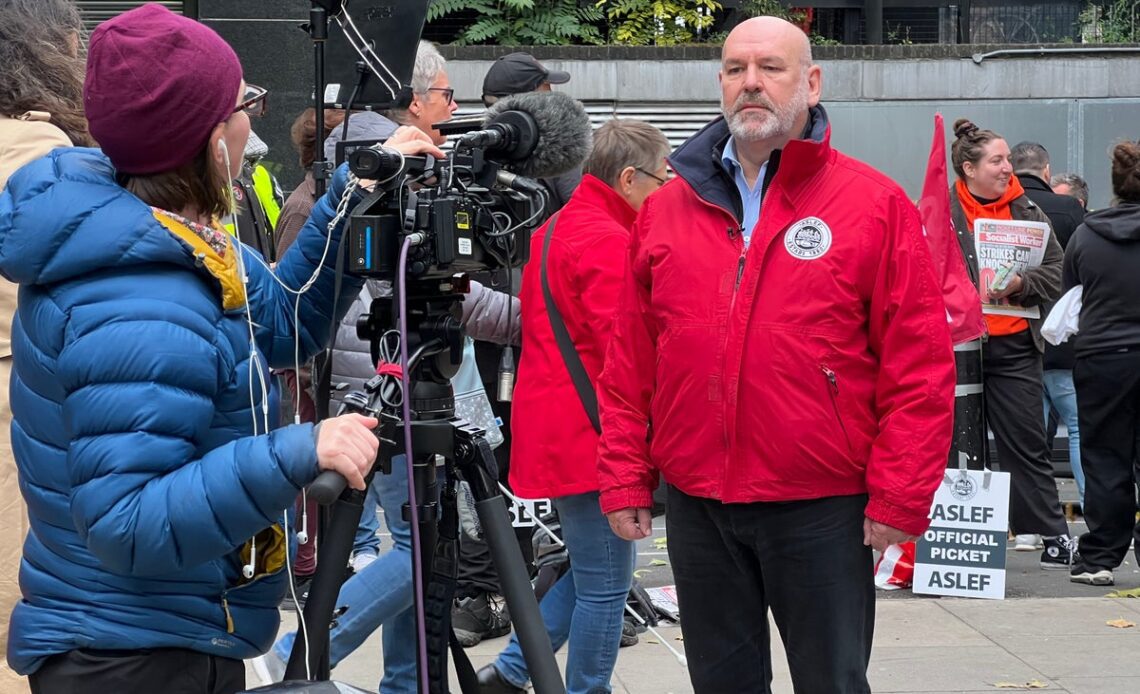Simon Calder, also known as The Man Who Pays His Way, has been writing about travel for The Independent since 1994. In his weekly opinion column, he explores a key travel issue – and what it means for you.
All over by Christmas: that is my perhaps ambitious prediction for the toxic tangle of rail disputes currently wrecking the journey plans of millions of travellers. The long and bitter conflict between unions, train operators, Network Rail and a succession of transport secretaries is approaching a terminus.
“Oh no it’s not,” you might chorus from the cheap seats of your favourite pantomime venue – especially if you have been seeking to travel on the West Coast main line this weekend from London Euston, completely closed once again due to a train drivers’ strike.
But hear me out. My conclusion is based on conversations with the two leading union bosses and statements from the Department for Transport (DfT) and transport secretary. I also have a growing sense that everyone is exhausted by the national rail strikes that have traumatised train travel since midsummer.
Let me start with Mick Whelan, general secretary of the train drivers’ union, Aslef. His members employed by 11 train operators took industrial action on Saturday. Seven of the rail firms ran no trains; the remaining four (LNER, GWR, Greater Anglia and TransPennine Express) offered skeleton services.
“It actually appals me that we’re out on strike – and nobody’s seeking to resolve it,” said Mr Whelan.
He told me on Friday afternoon he could see “no solution in sight”. Yet he will be meeting Mark Harper, the new transport secretary, on Wednesday, and told me: “I’m looking forward to the meeting. I’m going there with hope as always. You know me: I want a resolution.”
Conversely, I believe Mr Harper is a minister in search of an off-ramp, or whatever is the rail equivalent. His two predecessors, Grant Shapps and Anne-Marie Trevelyan, could do little more than berate the workers (and, in the case of Mr Shapps, attempt to blame the Labour Party for the strikes).
The Department for Transport (DfT) studiously sought to distance itself from the fierce negotiations between Network Rail, the train operators and the unions. Yet everyone knows the government is deeply involved. With the vast majority of trains specified by ministers and…
Click Here to Read the Full Original Article at The Independent Travel…
